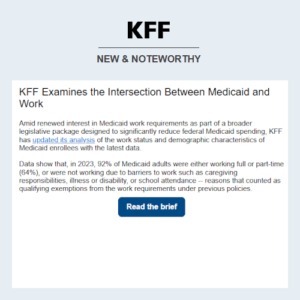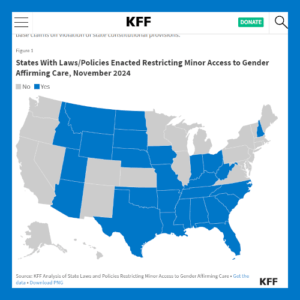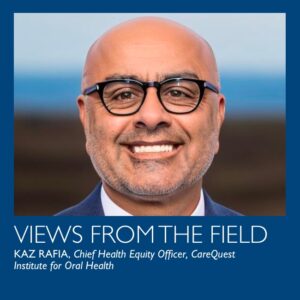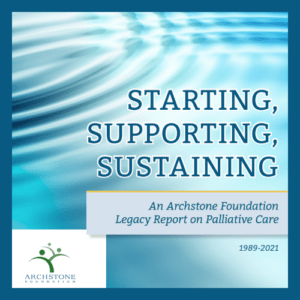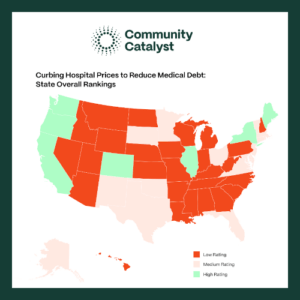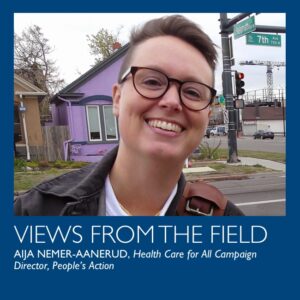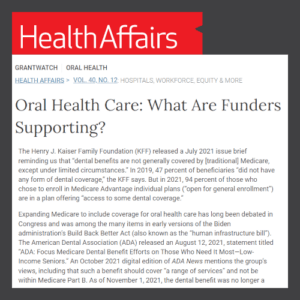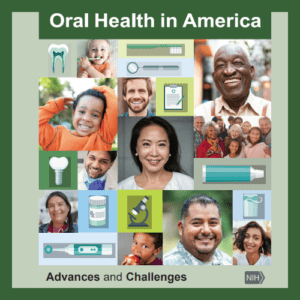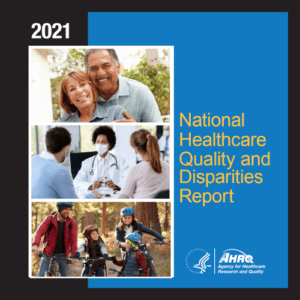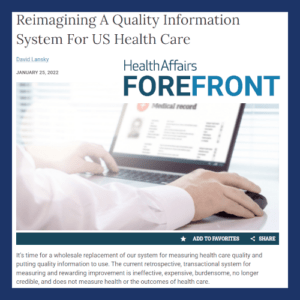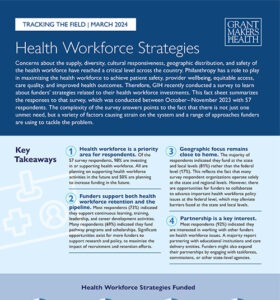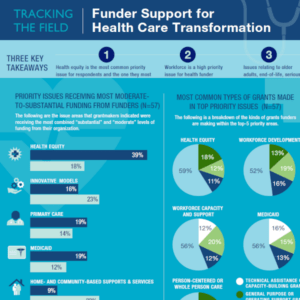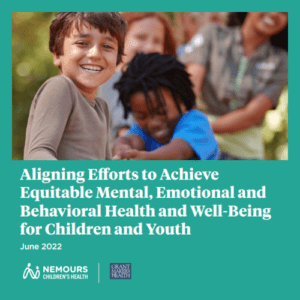Upcoming Events
Past Events
Featured Resources
Data Show That The Majority of Adult Medicaid Enrollees are Working
Amid renewed interest in Medicaid work requirements as part of a broader legislative package designed to significantly reduce federal Medicaid spending, KFF has updated its analysis of the work status and demographic characteristics of Medicaid enrollees with the latest data.
Youth Access to Gender Affirming Care at the Supreme Court: What to Know
Ahead of December 4 arguments in a Supreme Court case (U.S. v. Skrmetti) challenging the constitutionality of Tennessee restrictions for gender affirming care for minors, KFF explores the background of the case and potential rulings.
Explore Access and Quality Topics
Latest Resources
Oral Health Care: What Are Funders Supporting?
A recent edition of Health Affairs’ “GrantWatch” blog outlined key oral health policy issues and provided an update on recent foundation grants in oral health. Several GIH Funding Partners are featured.
Oral Health in America: Advances and Challenges
A new report from the National Institutes of Health provides a road map on how to improve the nation’s oral health. Released by NIH’s National Institute of Dental and Craniofacial Research (NIDCR), the report emphasizes the importance of oral health, and challenges to the creation of more equitable access to oral health services. Potential roles for health philanthropy are highlighted including grantmaking and policy engagement regarding insurance access, community health education, and school-based dental services.
AHRQ Releases Annual Update on U.S. Healthcare Quality, Disparities
The Agency for Healthcare Research and Quality has released its National Healthcare Quality and Disparities Report, which details the state of healthcare quality and disparities in the United States. The report identifies improvements in HIV and colon cancer care, nursing home care, and medication prescribing to older adults. The report also indicates that more work needs to be done to address disparities in important areas. Among the findings, dental and oral health care services have not substantially improved, particularly for people with low income or who live in rural areas.
Reimagining A Quality Information System For US Health Care
Recommendations include: a national data infrastructure that operates independent of practice setting; aligned multipayer incentives that support needed infrastructure investments; longitudinal patient-reported outcome measures captured both in-clinic and through mobile technologies; a series of robust regional demonstration projects to broaden stakeholder understanding and technical capability; and a governance mechanism that assures both simplification and alignment of methods.
How does cost affect access to care?
In this chart collection, authors from the Peterson-Kaiser Family Foundation Health System Tracker explore trends in how costs affect access to care in the U.S. based on the National Health Interview Survey data through 2020. Health spending per person in the U.S. averaged almost $12,000 in 2020, nearly double the average in other large high-income countries.
Publications and Reports
2024 Survey Summary: Health Workforce Strategies
Concerns about the supply, diversity, cultural responsiveness, geographic distribution, and safety of the health workforce have reached a critical level across the country. Philanthropy has a role to play in maximizing the health workforce to achieve patient safety, provider well-being, equitable access, care quality, and improved health outcomes. Therefore, GIH recently conducted a survey to learn about funders’ strategies related to their health workforce investments.
Funder Support for Health Care Transformation
This infographic summarizes the responses to a Grantmakers In Health funder poll, conducted October 2022, on how philanthropy is supporting health care transformation efforts, especially those concerned with improving quality of life, coordinating complex care, and taking patient preferences into account.

